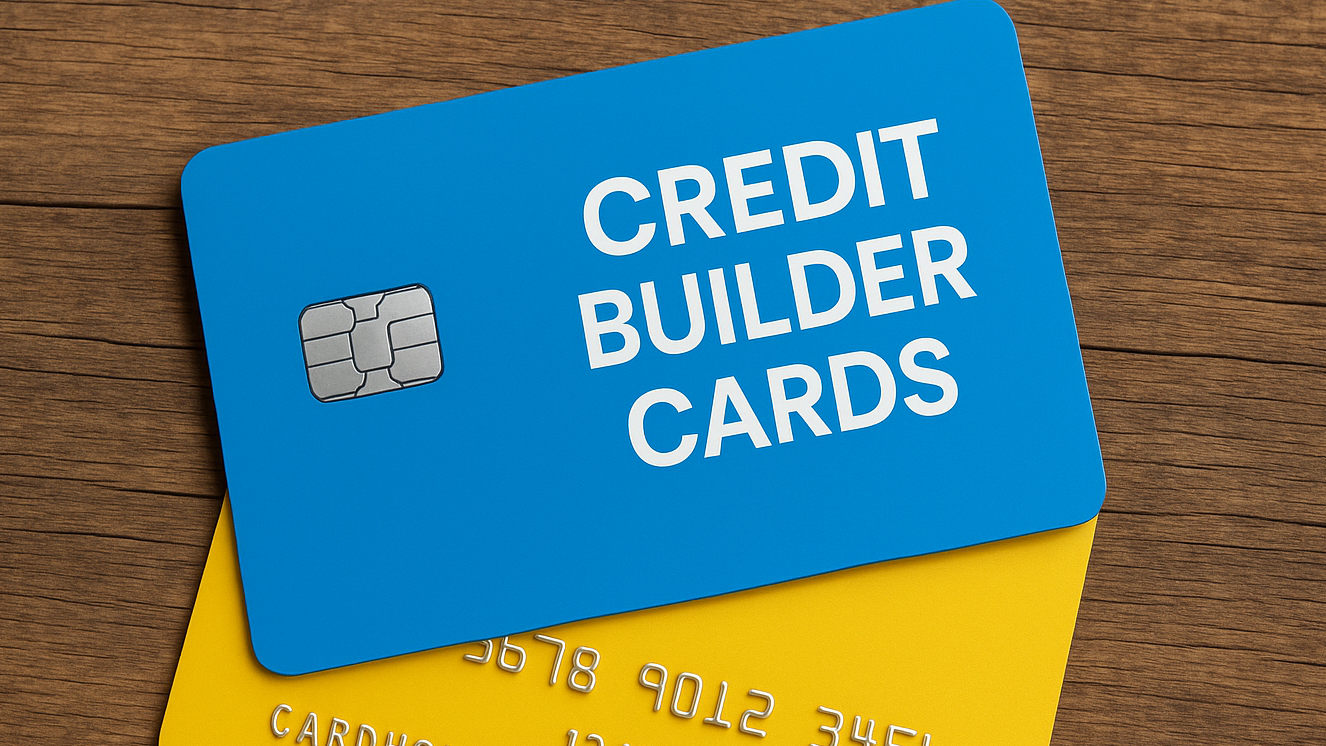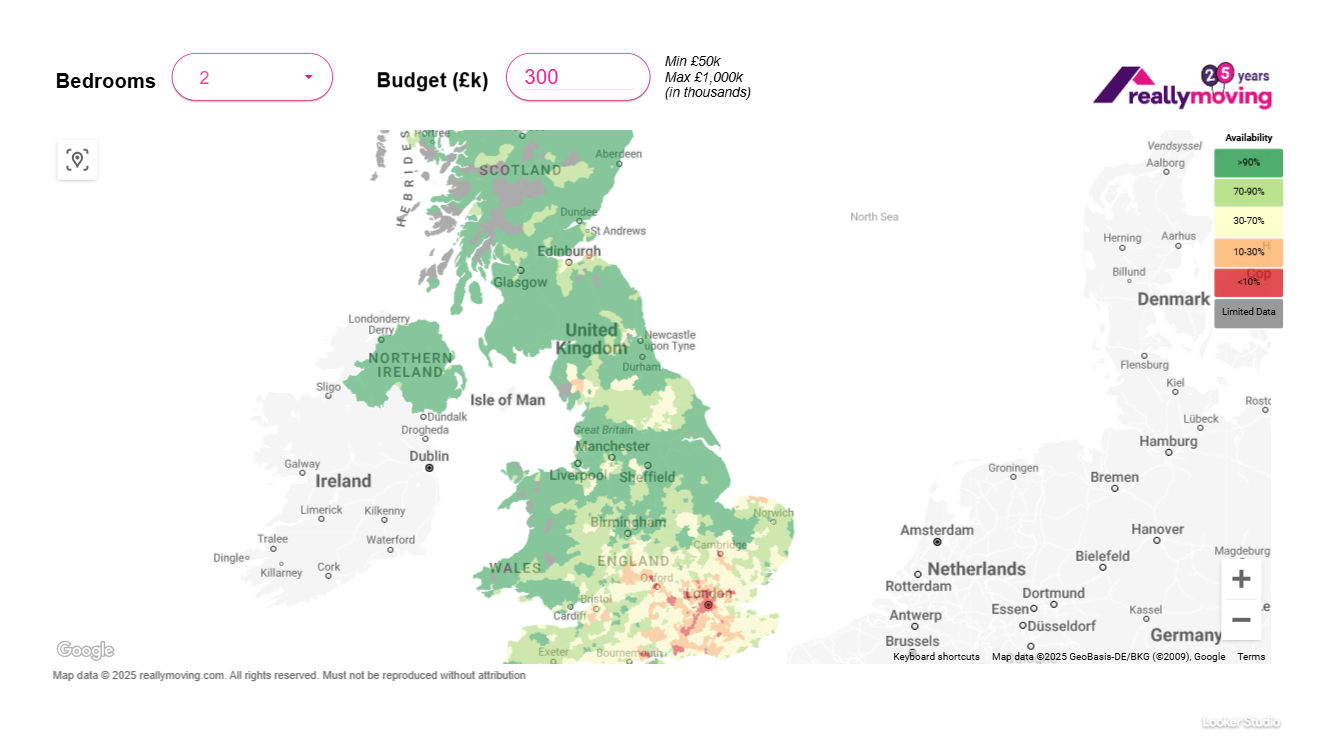Welcome to your ultimate guide to credit builder cards, crafted for UK Gen Z and Millennials who want to take charge of their financial future. Whether you’re new to credit, recovering from past slip-ups, or just aiming to level up your credit score, these cards are your ticket to building a solid financial foundation. They’re approachable, smart choiceible, and designed to fit your lifestyle—perfect for juggling uni, side hustles, or that dream of owning a home one day. In this module, we’ll dive into low-limit UK cards, smart usage strategies, and how to monitor your score, plus explore how a strong credit score can fuel your bigger goals, from financing purchases to investing and buying bricks and mortar.
What Are Credit Builder Cards?
Credit builder cards are specialised credit cards for people with little to no credit history or those looking to improve a low credit score. They’re ideal if you’re:
- New to borrowing (e.g., recent grads, young adults, or new UK residents).
- Rebuilding after missed payments, county court judgments (CCJs), or bankruptcy.
- Struggling to qualify for standard credit cards due to low income or employment status.
Unlike regular credit cards, these come with:
- Lower credit limits (typically £50–£1,500) to encourage responsible spending.
- Higher APRs (often 20–35%) to offset lender risk, making it essential to pay off balances quickly.
- Flexible eligibility so you’re more likely to be approved, even with a rocky credit past.
The magic happens when you use the card wisely—making small purchases and paying them off on time. This builds a positive credit history, which is reported to the UK’s three main credit reference agencies: Equifax, Experian, and TransUnion. Over time (usually 6–12 months), your credit score improves, unlocking better financial products.
Popular UK Credit Builder Cards
Here’s a snapshot of some options (always check terms before applying):
| Card Provider | Typical Credit Limit | Purchase APR | Key Features |
| HSBC Student Card | £500 | 18.9% (variable) | Cashback with Visa Offers; for HSBC student account holders |
| Capital One Classic | £200–£1,500 | 34.9% (variable) | Mobile app for spending tracking; soft eligibility check |
| Barclays Forward Card | £50–£1,200 | 33.9% (variable) | 3% interest rate reduction after 1 year of on-time payments |
| Vanquis Credit Builder | £150–£1,000 | 34.9% (variable) | Soft eligibility check; app for managing payments |
Note: APRs and limits vary based on your credit profile. Check eligibility at MoneySuperMarket or Uswitch.
Low-Limit UK Cards: Small Limits, Big Impact
Low credit limits are a hallmark of credit builder cards, and that’s a good thing. Limits typically range from £50 to £1,500, depending on your income, credit history, and the provider. Here’s why low limits work in your favour:
- Encourages Discipline: A smaller limit forces you to plan purchases carefully, reducing the risk of overspending.
- Lower Risk for Lenders: Lenders are more likely to approve you because they’re not exposing themselves to huge losses.
- Boosts Credit Utilisation: Keeping your balance below 25% of your limit (e.g., £125 on a £500 limit) signals responsible credit use, which improves your score.
Managing a Low Limit
- Track Spending: Use your bank’s app or budgeting tools to monitor purchases.
- Set Alerts: Many providers, like Capital One, let you set alerts for nearing your limit.
- Pay Early: Make payments before your statement date to free up available credit.
Tip: Exceeding your limit can trigger a £12 fee and harm your credit score. If you’re close to maxing out, pause spending until you’ve paid down the balance.
Usage Strategies: Play Smart to Win Big
To turn your credit builder card into a credit score booster, follow these expert strategies:
- Pay Off Your Balance in Full Each Month
- High APRs (20–35%) mean carrying a balance gets expensive fast. Paying in full avoids interest and shows lenders you’re in control. For example, on a £200 balance at 34.9% APR, you’d pay about £70 in interest over a year if you only make minimum payments.
- Make On-Time Payments
- Late payments can ding your credit score and incur £12 fees. Set up a Direct Debit or standing order to automate payments. Barclays even offers interest rate reductions for consistent on-time payments.
- Use Your Card Regularly (But Sparingly)
- Make small, routine purchases—like your Netflix subscription or weekly shop—to keep the account active. Aim for 1–2 transactions per month, keeping your balance low. Avoid cash withdrawals, which often come with a 3% fee and immediate interest.
- Keep Credit Utilisation Low
- Credit utilisation is the ratio of your balance to your limit. Staying below 25% (e.g., £250 on a £1,000 limit) is ideal. Experian suggests this as a key factor in improving your score.
- Be Patient and Consistent
- Credit building isn’t instant. Expect 6–12 months of responsible use to see noticeable improvements. Stick with it, and you’ll qualify for better cards or loans down the line.
Real Talk: It’s tempting to treat your card like free money, but don’t. Think of it as a tool to build your future, not a way to fund impulsive buys.
Score Monitoring: Stay in the Know
Keeping tabs on your credit score is like checking your Insta notifications—it keeps you in the loop and motivated. Here’s how to do it:
- Check Your Score for Free
- Sign up with Equifax, Experian, or TransUnion for free credit reports and scores. These agencies track your credit history and update monthly.
- Apps like ClearScore (powered by Equifax) or Experian’s own app make it easy to check on the go.
- Use Soft Search Tools
- Before applying for a card, use eligibility checkers from Uswitch or MoneySuperMarket. These “soft searches” show your approval odds without marking your credit file.
- Why Monitor?
- Regular checks help you track progress, spot errors (like incorrect missed payments), and catch fraud early. They also show when you’re ready to upgrade to a better card or loan.
- Avoid Hard Searches
- Each card application triggers a “hard search,” which can temporarily lower your score. Limit applications and use soft searches to narrow down options first.
Tip: Get on the electoral roll (even if you’re renting or living with parents) to boost your score. It’s a quick win that lenders love to see.
Financing the Purchase, Investment Potential, and Resaleability
Credit builder cards aren’t physical assets you can sell, but they’re a powerful tool for unlocking financial opportunities. Here’s how they pave the way for financing purchases, investing, and buying your bricks-and-mortar home:
Financing the Purchase
- Better Loan Terms: A higher credit score means lower interest rates on loans. For example, a good score could shave 1–2% off a car loan or personal loan, saving you hundreds over time.
- Access to Credit: With a solid credit history, you’re more likely to qualify for higher-limit credit cards, personal loans, or even a mortgage. This gives you the smart choiceibility to finance big purchases, like a car or home improvements.
- No Upfront Costs: Unlike some investments, credit builder cards don’t require a big upfront payment—just responsible use. If you’re approved, you can start building credit immediately.
Investment Potential
- Business Ventures: A strong credit score can help you secure loans or credit lines to launch a side hustle or business. For instance, you might borrow to buy equipment or fund a startup, turning your credit into a revenue stream.
- Property Investment: Good credit makes it easier to get a buy-to-let mortgage, letting you invest in rental properties for passive income.
- Diversified Investments: With better access to credit, you could borrow to invest in stocks, ISAs, or other financial products, though always weigh the risks of borrowing to invest.
Resaleability and Buying Bricks and Mortar
- Mortgage Readiness: When you’re ready to buy a home, lenders will scrutinise your credit score. A strong score (built through your card) can lead to better mortgage rates, lower deposits, and faster approvals. For example, a 1% lower mortgage rate on a £200,000 loan could save you £30,000 over 25 years.
- Financial Flexibility: The savings from better loan terms can be reinvested into your home (e.g., renovations) or other assets, increasing their value when you “cash out” to upgrade or sell.
- Future-Proofing: Even if homeownership is years away, building credit now sets you up for success. A good score also makes renting easier, as landlords often check credit.
Key Takeaway: Your credit builder card is like a gym membership for your finances—consistent effort now builds strength for the future. By boosting your score, you’re not just improving your borrowing power; you’re creating opportunities to finance, invest, and own property.
Wrap it Up
Credit builder cards are a valuable resource for UK Gen Z and Millennials looking to build a brighter financial future. They’re easy to get, simple to use, and packed with potential to transform your credit score. By choosing a low-limit card, following smart usage strategies, and monitoring your progress, you’ll be on track to unlock better loans, investment opportunities, and even your own home.
This isn’t a quick fix—it’s a long-term investment in yourself. Stay disciplined, keep payments on time, and watch your score soar. Your financial glow-up starts now!
UK Credit Builder Cards
Major Bank Offerings
- HSBC UK Credit Builder Credit Cards
Offers cards with £50–£1,200 limits and tools to track spending. Ideal for beginners. - Barclays Credit Building Credit Cards
Features the Barclaycard Forward with rate reductions (3% in Year 1) for on-time payments. - Vanquis Credit Building Cards
Winner of Moneyfacts Best Credit Builder 2024, with limits of £250–£2,500 and no annual fee.
Comparison Tools & Marketplaces
- money.co.uk Credit Building Cards
Compares top cards like Virgin Money (23.9% APR) and explains eligibility checks. - Uswitch Credit Builder Cards
Filters cards by credit score impact, including Capital One (29.8% APR). - Finder UK Credit Builder Cards
Rates cards using a Finder Score and lists options for bad credit.
Specialist Providers
- Capital One Credit Builder Cards
Secured cards with refundable deposits (£49–£200) and automatic credit limit reviews. - MoneySavingExpert Credit Builder Guide
Expert tips on avoiding high interest and using cards responsibly. - MoneySuperMarket Credit Builder Cards
Compares cards like Tesco Bank (29.9% APR) with eligibility calculators.
Credit Reference Agencies
- Experian Credit Builder Tools
Offers card recommendations based on your Experian score and reports.



